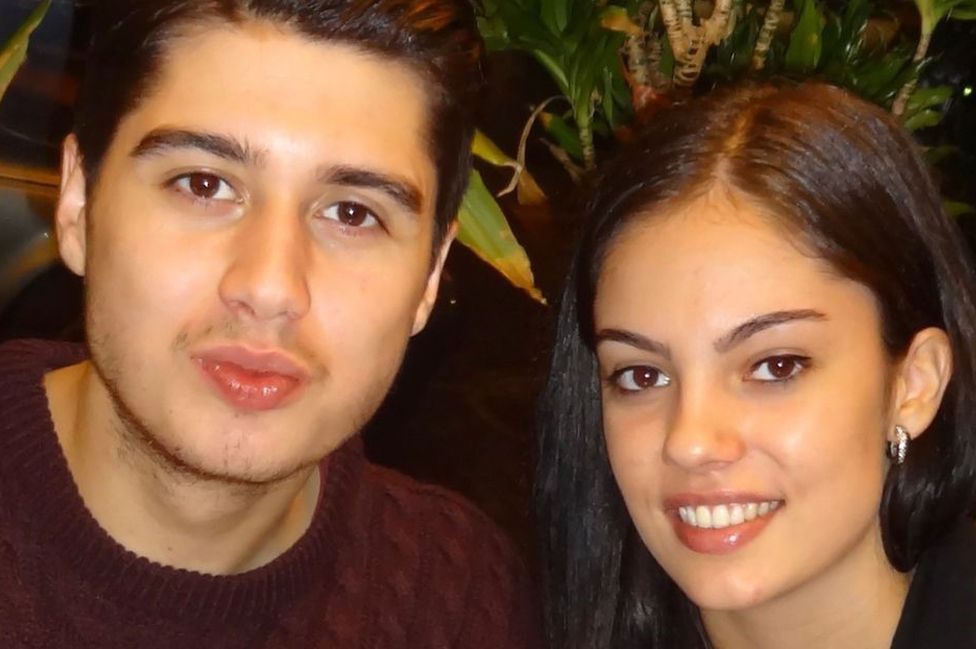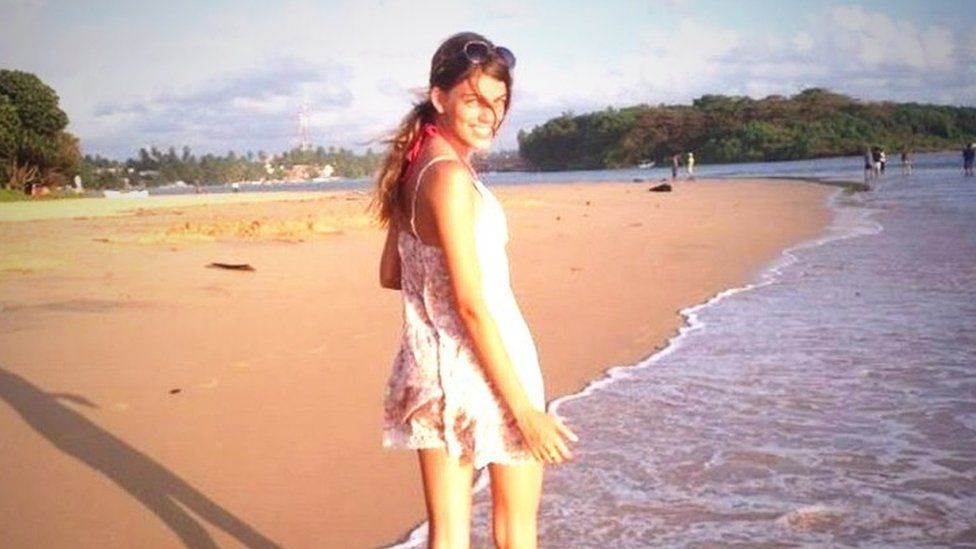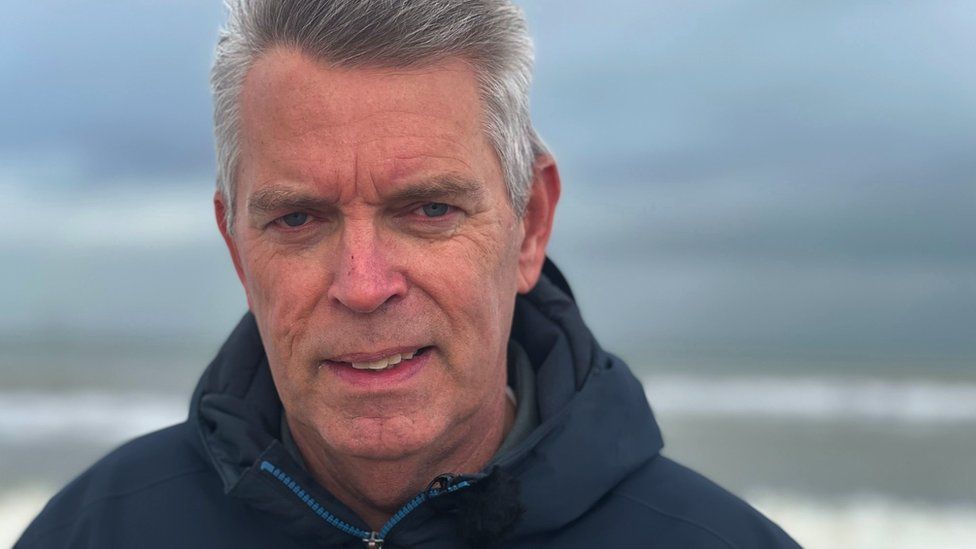The Bank of Ghana (BoG) has indicated that it will no longer provide FX support for the imports of more done eight items imported into the country.
The items include rice, poultry, vegetable oil, toothpicks, pasta, fruit juice, bottled water, ceramic tiles and other non-critical goods.
The move according to the central bank is in accordance with the president’s directive issued at the recent address to the nation on the Ghanaian economy, on Sunday 30 October 2022.
An electronic message from the Bank of Ghana to the banks in the country said, “in accordance with the president’s directive issued at his recent address to the nation on the Ghanaian economy, on Sunday 30 October, 2022, the Bank of Ghana will no longer provide FX support for the imports of rice, poultry, vegetable oils, toothpicks, pasta, fruit juice, bottled water, ceramic tiles and other non-critical goods”.
“Please be advised and act accordingly”, the BoG said.
Addressing the nation on the economy on Sunday (30 October), President Akufo-Addo said, “To this end, we will review the standards required for imports into the country, prioritise the imports, as well as review the management of our foreign exchange reserves, in relation to imports of products such as rice, poultry, vegetable oil, toothpicks, pasta, fruit juice, bottled water and ceramic tiles, and others which, with intensified government support and that of the banking sector, can be manufactured and produced in sufficient quantities in Ghana.
“Government will, in May 2023, that is six months from now, review the situation. We must, as a matter of urgent national security, reduce our dependence on imported goods, and enhance our self-reliance, as demanded by our overarching goal of creating a Ghana Beyond Aid.”
He said, “Much as we believe in free trade, we must work to ensure that the majority of goods in our shops and marketplaces are those we produce and grow here in Ghana. That is why we have to support our farmers and domestic industries, including those created under the 1-District-1-Factory initiative, to help reduce our dependence on imports, and allow us the opportunity to export more and more of our products and guarantee a stable currency that will present a high level of predictability for citizens and the business community.”
“Exports, not imports, must be our mantra Accra, after all, hosts the headquarters of the Secretariat of the African Continental Free Trade Area,” the president added.
The local currency has in recent times come under immense pressure against the major international currencies, especially the US dollar.
The action by the Bank of Ghana is, therefore, expected to help stabilise the local currency going into the festive season.
Source: asaaseradio.com














